This is a question we get asked lots at our dental practice here in Harrow, so we thought we would take some time to take a look at the common reasons why your teeth may not be quite as white as you’d like to be… Some of those reasons are obvious but others aren’t!
What are you eating?

It sounds quite obvious but there are many foods which have any impact on the colour of your teeth. Some foods stain your teeth directly whilst others contribute to dental decay by being rich in sugar.
Foods which contain high amounts of sugar feeds the acid excreting bacteria which live in your mouth, the more sugar there is in your food the more this bacteria is able to feed and excrete the bacteria which then attacks your teeth causing dental decay. Teeth can then become dark either through the dental decay or by the bacteria forming solid deposits, known as plaque, which then become stained by the strong colours in some foods.
Some food on the other hand is naturally dark staining such as dark berries, tea and red wine. These may stain your teeth on their own but the staining is compounded if you have plaque on your teeth caused by a combination of poor oral hygiene and sugar in your diet.
Of course, so many of us like to eat foods like this, so if we want our teeth to be bright and white then we just have to get on top of our dental healthcare!
Are you brushing as well as you could?
Even if your diet isn’t too rich in sugar and you avoid the food with strong colours then your teeth could still be yellow then it would likely that your oral health care routine isn’t as good as it should be.

Your mouth contains so many bacteria, more than the population of the world in fact, so it’s really important that you keep on top of this and remove as much bacteria and food as you can after each meal.
When brushing your teeth we recommend using a pea sized amount of fluoride toothpaste twice per day for 2 min each time. We also recommend flossing daily to ensure your teeth clean in between and then using a fluoride mouthwash in between meals (never after brushing as the mouthwash has less fluoride in than toothpaste).
Are you scrubbing rather than brushing?
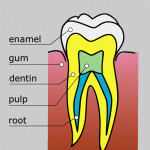 Yes, it’s possible to clean your teeth too much! If you scrub your teeth too much then the gum can recede as it will often become irritated due to the excessive brushing. As the gum recedes it may expose the softer dentine part of your tooth which is lower down towards the root. This part of the tooth is softer than the enamel (a part which you usually see) and is therefore more susceptible to both dental decay and staining.
Yes, it’s possible to clean your teeth too much! If you scrub your teeth too much then the gum can recede as it will often become irritated due to the excessive brushing. As the gum recedes it may expose the softer dentine part of your tooth which is lower down towards the root. This part of the tooth is softer than the enamel (a part which you usually see) and is therefore more susceptible to both dental decay and staining.
When you brush, go easy and don’t scrub, if you visit a dental hygienist regularly they will be able to tell you if it looks as though you may be pressing too hard when you clean your teeth. It may also be worth considering an electric toothbrush, many of these have pressure sensors and light up red if you are pressing too hard, a really useful aid if you find this is a problem for you.
Your teeth just are naturally yellower!
Some people’s teeth are just not naturally as white as other peoples. Over the years celebrities have had so much teeth whitening that the commonly accepted shade for teeth is now considerably whiter than it was a few years ago.
Dental manufacturers have had to create new whiter and brighter colours for their materials to match this new trend, what was considered an average tooth colour 10 years ago would now be considered yellow.
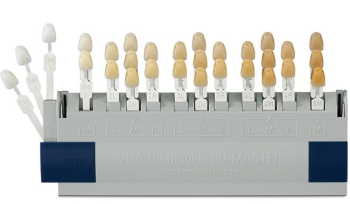
Perhaps you are taking medication which makes your teeth look yellow?
The first thing to say is that you should never stop taking any medication that has been prescribed to you without first consulting your doctor. It has however been reported that some medications may affect the colour of your teeth, most often this happens if the medication is taken during childhood whilst the teeth are still forming, rather than extrinsic staining of the teeth at a later date in adulthood.
Some medicated mouthwashes can also stain teeth, so please ensure that you read the label of any medicated mouthwash that you may have been prescribed.
Rest assured though, if your teeth have been stained through using a medicated mouthwash this can easily be removed by your dentist or hygienist.
Do you smoke?
Well, you knew this would probably come up at some point! Smoking darkens teeth because it changes the delicate PH balance in your mouth, it also dries your mouth out which leads to an excessive buildup of bacteria. This bacteria not only has a rather noticeable smell, but also can contribute to increased rates of dental decay.
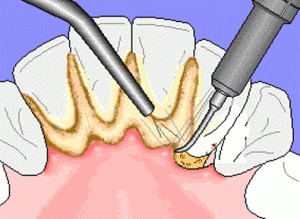
The smoke itself also has many of these colouring components which, particularly when coupled with poor oral hygiene, can stain the teeth quite noticeably.
As a sidenote, if you have any damage to the gum in your mouth then smoking also slows down the healing process, just another reason to begin the quitting process.
You are older than you were yesterday!
It’s just a fact that as we age various things happened to our body! Gravity takes over and alas, our teeth can appear yellower. The reason for this isn’t because your teeth are actually going yellow, it’s because that as we get older the outer surface of the tooth (enamel) wears away, as the enamel wears away with age the yellower underlying dentine becomes more exposed. As that dentine nears the surface it has the effect of making the teeth look yellower.
This is often more prominent on the lower teeth towards the biting incisal edge. It can be noticed that there is significant yellowing or staining right on that chip area, this is known as secondary dentine and is a common concern with people in, shall we say, more senior years!
And the good news is…
The good news is that most of these problems can be quickly and simply resolved. If you give up smoking, look at your diet and ensure your oral health care routine follows the suggested procedure then you can have a big impact on the colour of your teeth. Your dentist can also whiten your teeth in a couple of ways.
If your teeth just have surface staining perhaps from smoking or food stains then this can be removed with an air abrasion technique. This blasts very small particles at the end at your teeth which very gently remove the surface stain. If however the enamel of your tooth is intrinsically not as white as you would like them teeth whitening could also be the perfect option for you.
What ever you decide, your friendly dentist in Harrow is here to help, please contact us today to book your appointment and begin your journey to brighter, whiter teeth.


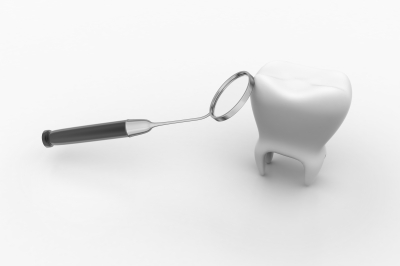
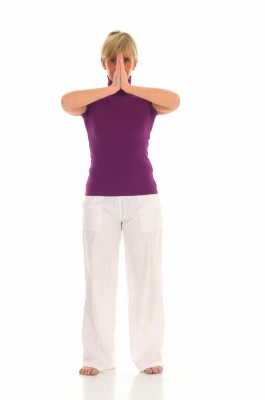 Maintaining a healthy diet is important for overall body health as well as dental health, but the two are linked. The simplest piece of advice, and probably the most important, is to watch the amount of sugar that your child has in their diet. It’s not just the added sugar (such as on cereal in the morning) it’s the hidden sugar in so many food items particularly
Maintaining a healthy diet is important for overall body health as well as dental health, but the two are linked. The simplest piece of advice, and probably the most important, is to watch the amount of sugar that your child has in their diet. It’s not just the added sugar (such as on cereal in the morning) it’s the hidden sugar in so many food items particularly 
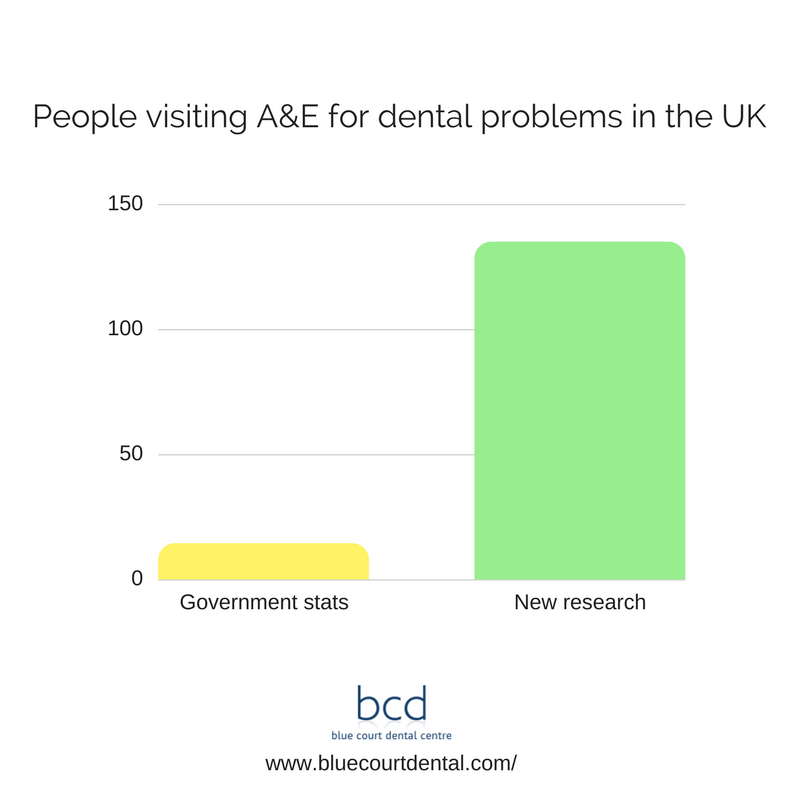
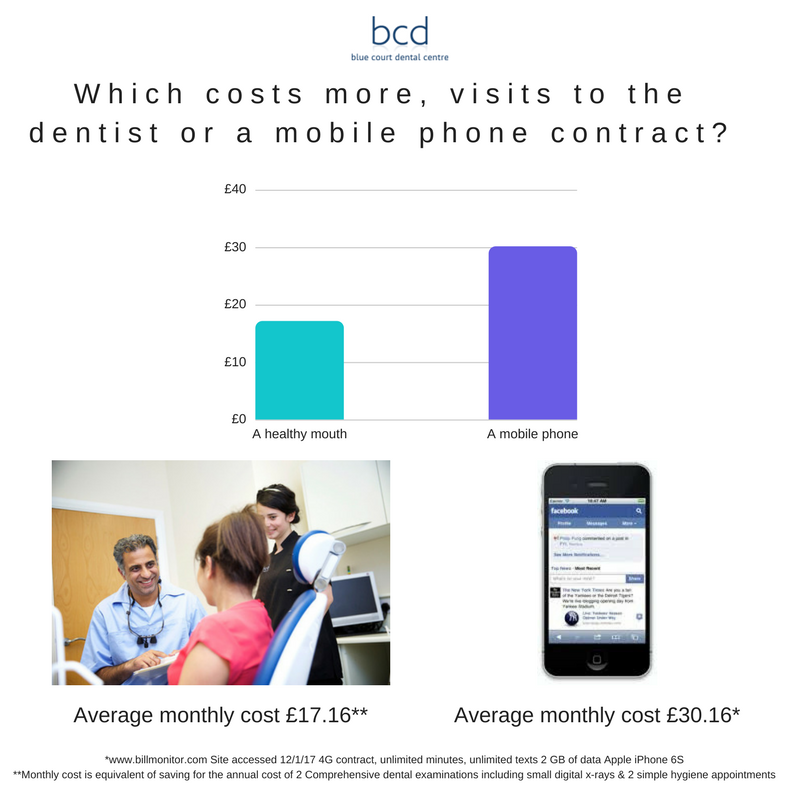
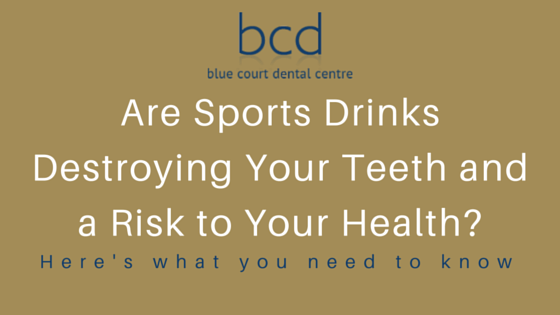

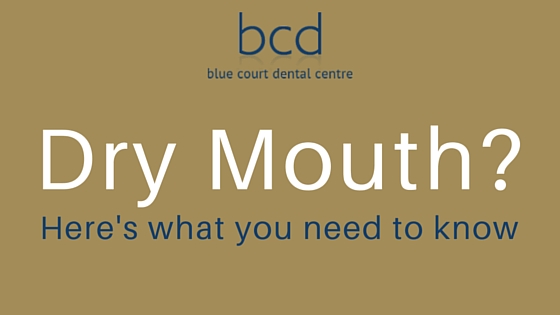
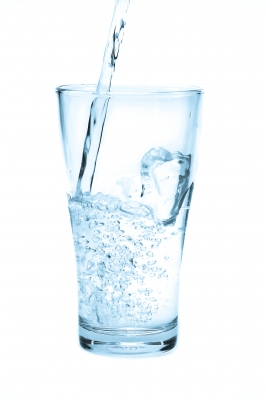 How to treat a dry mouth
How to treat a dry mouth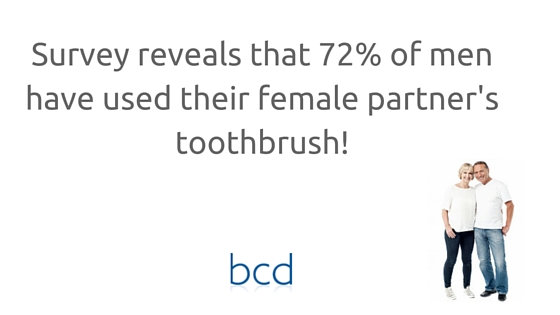
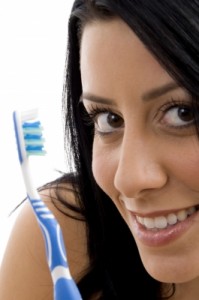 ccording to a new survey women change their toothbrush twice as often as men. The survey showed that, on average, women change their toothbrush every 92 days whilst men change theirs every 185 days.
ccording to a new survey women change their toothbrush twice as often as men. The survey showed that, on average, women change their toothbrush every 92 days whilst men change theirs every 185 days.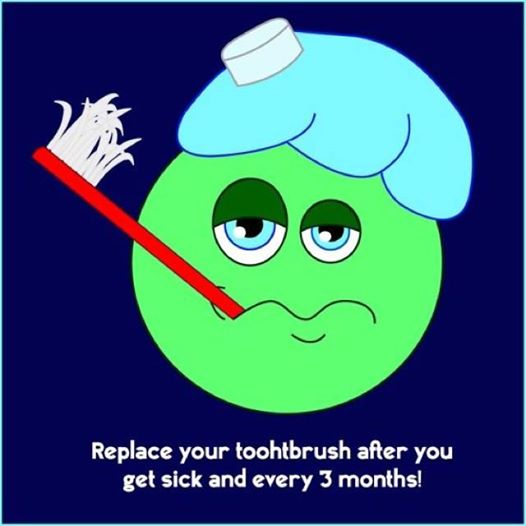
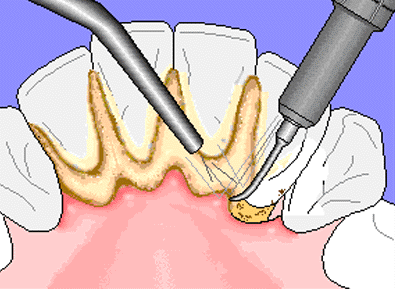 Brushing alone cannot fully remove plaque from your teeth, so with time it may accumulate and cause surface discoloration. There’s a couple of steps you can take with plaque stains, and not one of them is remotely complicated! You can change to brushing with a whitening tooth paste, make use of a tooth-bleaching system, or visit a dentist for air abrasion which can gently remove these stains.
Brushing alone cannot fully remove plaque from your teeth, so with time it may accumulate and cause surface discoloration. There’s a couple of steps you can take with plaque stains, and not one of them is remotely complicated! You can change to brushing with a whitening tooth paste, make use of a tooth-bleaching system, or visit a dentist for air abrasion which can gently remove these stains.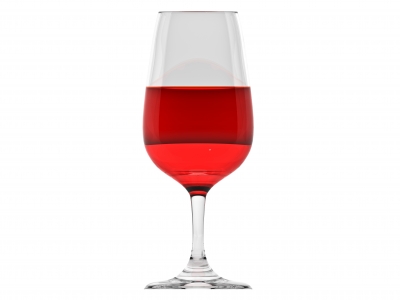 Unfortunately, it is a fact: certain meals stain the teeth. Coffee is probably the worst offender and the most obvious, but also think about
Unfortunately, it is a fact: certain meals stain the teeth. Coffee is probably the worst offender and the most obvious, but also think about 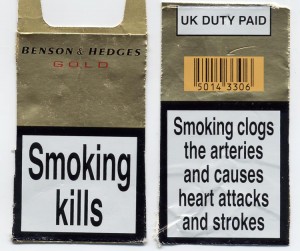 It’s well-known the most visible manifestation of a smoker may be the yellow or brown teeth that tobacco causes. If you are hooked on cigarettes or eating tobacco, it’s embarrassing to broadcast this every time you open your mouth. Fortunately, tobacco stains mostly affect the surface of the teeth instead of penetrating further in, so for example a
It’s well-known the most visible manifestation of a smoker may be the yellow or brown teeth that tobacco causes. If you are hooked on cigarettes or eating tobacco, it’s embarrassing to broadcast this every time you open your mouth. Fortunately, tobacco stains mostly affect the surface of the teeth instead of penetrating further in, so for example a 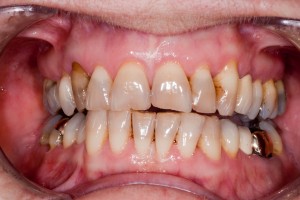 An unwanted effect of tetracycline antibiotics is yellowing or graying on the teeth, and regrettably, because this happens from inside-out as opposed to outside-in, it is not as simple as simply treating the surface and to.
An unwanted effect of tetracycline antibiotics is yellowing or graying on the teeth, and regrettably, because this happens from inside-out as opposed to outside-in, it is not as simple as simply treating the surface and to.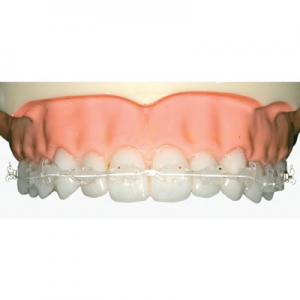
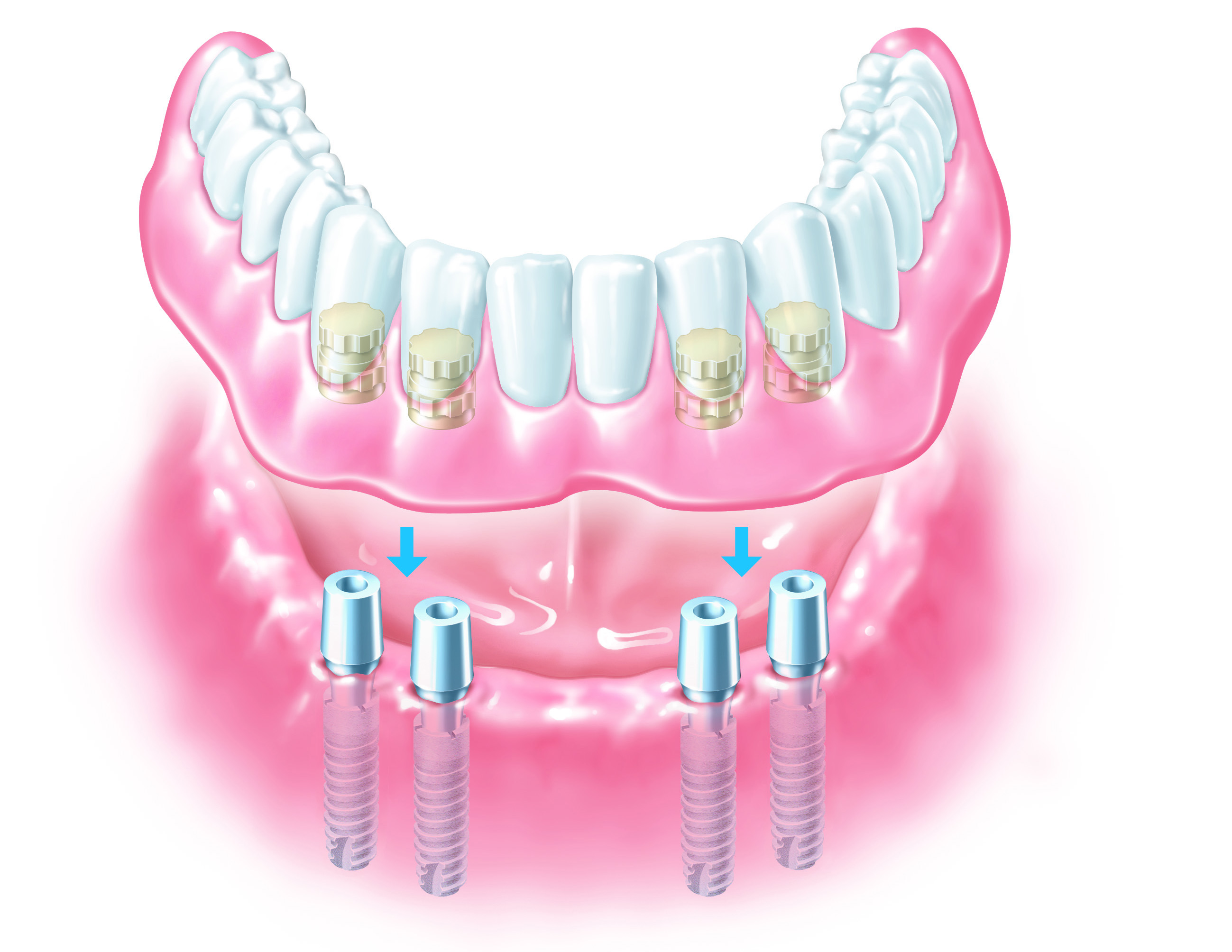
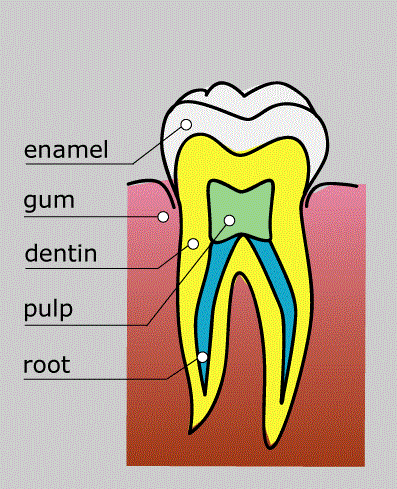
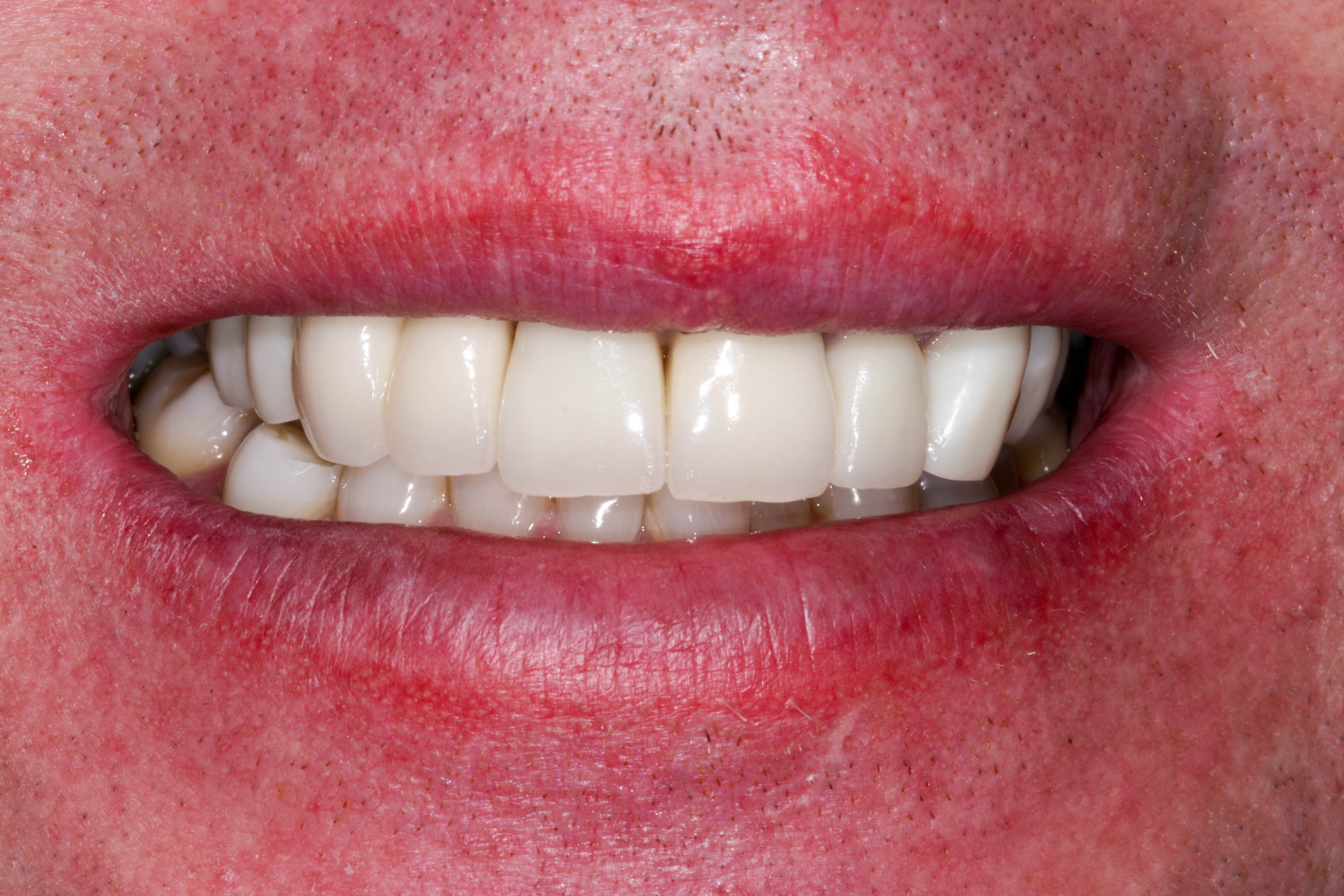

 Cognitive behavioural therapy (CBT) could help many people with a dental phobia overcome their fear of visiting the dentist and enable them to
Cognitive behavioural therapy (CBT) could help many people with a dental phobia overcome their fear of visiting the dentist and enable them to  Intravenous Sedation is when a drug is administered into the blood system during dental treatment. Sedation induces a state of deep relaxation and a feeling of not being aware of the treatment being carried out. You remain conscious during intravenous sedation and you are still able to understand and respond to simple requests.
Intravenous Sedation is when a drug is administered into the blood system during dental treatment. Sedation induces a state of deep relaxation and a feeling of not being aware of the treatment being carried out. You remain conscious during intravenous sedation and you are still able to understand and respond to simple requests. Try Acupressure
Try Acupressure